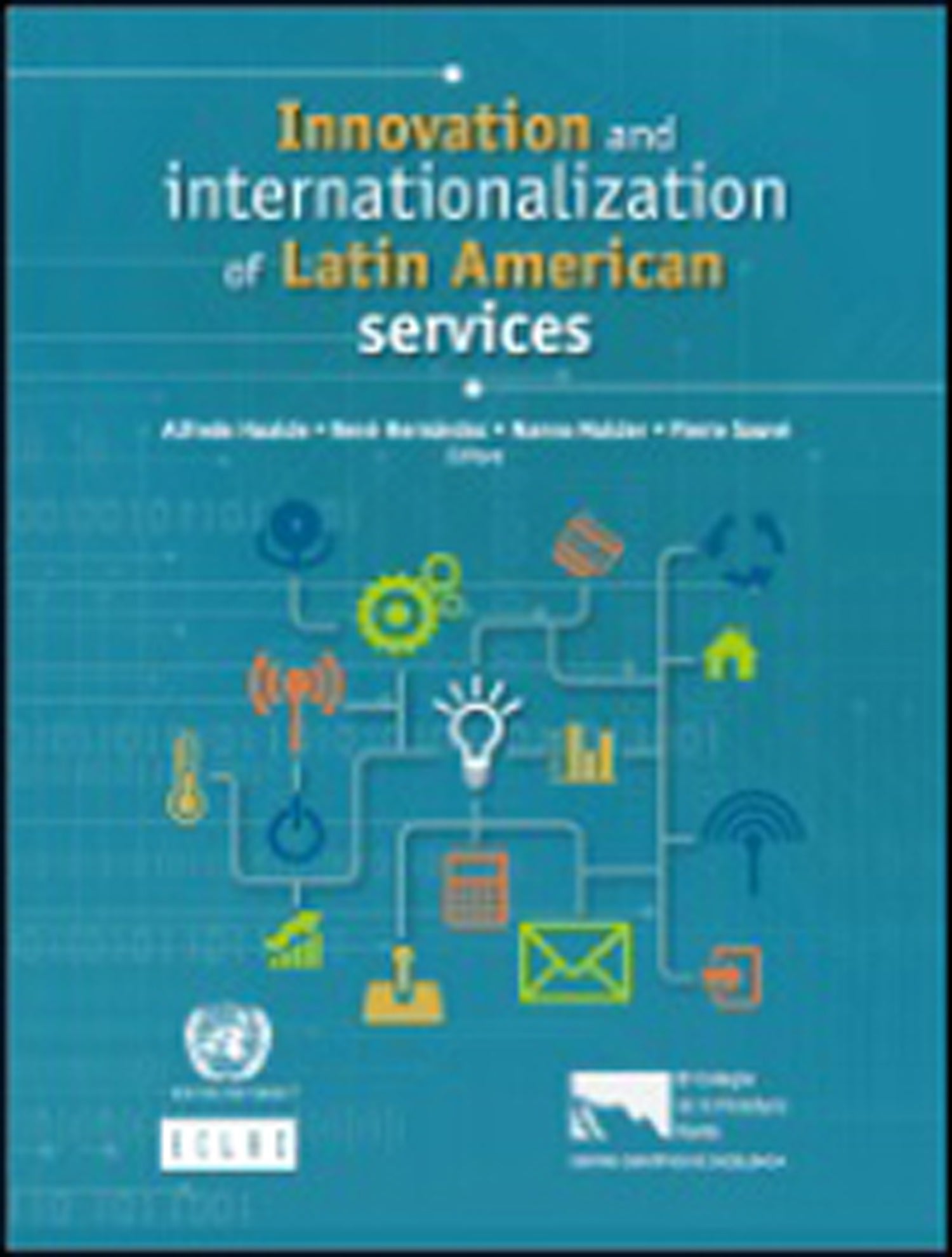Innovation and internationalization in services are key drivers of structural transformation, productivity growth and overall economic performance in Latin America. The services sector accounts for two thirds of the region’s GDP and provides over 60 per cent of its employment. These shares are higher than in other developing regions, but still lower than in countries with higher levels of per capita income. The spread of information and communication technologies in Latin America over the past three decades has vastly enhanced both the tradability of services and the sector’s propensity to innovate. Long considered unrelated processes, both internationalization and innovation are today widely recognized as key and complementary sources of firm-level competitiveness and human capital enhancement. The advent of many novel types of business and consumer services is furthermore a key factor in the rising insertion of latin american firms in regional and global value chains and transnational production networks, which are now the predominant form of organization of international production and trade. This volume explores three different levels of interaction between internationalization and innovation in the services sector in Latin America. Part I analyses the role of services in manufacturing and other sectors’ global value chains from a theoretical perspective, drawing on the experiences of Brazil and Mexico. Part II reviews innovation and internationalization policies and their effects on the performance of the services sector. Part III presents a series of case studies on innovation and internationalization linkages in Brazil, Chile, Costa Rica and Mexico. The book concludes that, in order for Latin American countries and firms to upgrade into services value chains, public and private initiatives must generate a host of regional public goods -enhanced investment climates, supply of skills, greater access to finance, improved protection of intellectual property, better value appropriation, enhanced efforts at standardization and quality certification- to strengthen the links between innovation and internationalization.
| Accesos al documento: |
| 334.7 / HUA-INN / 2016 |
| Documento Electrónico |
| texto completo. Si no pudo acceder haga click aqui |




